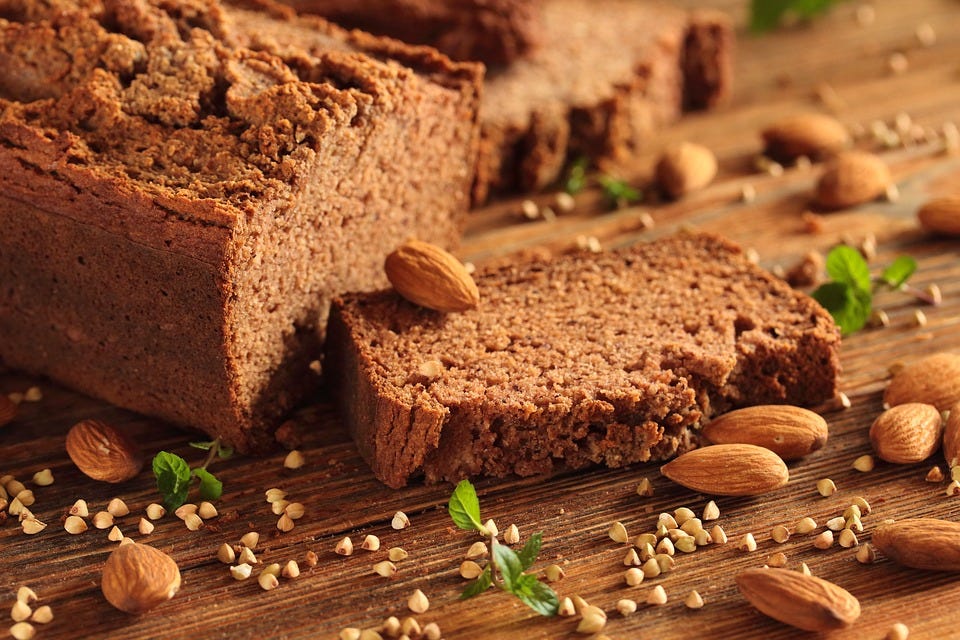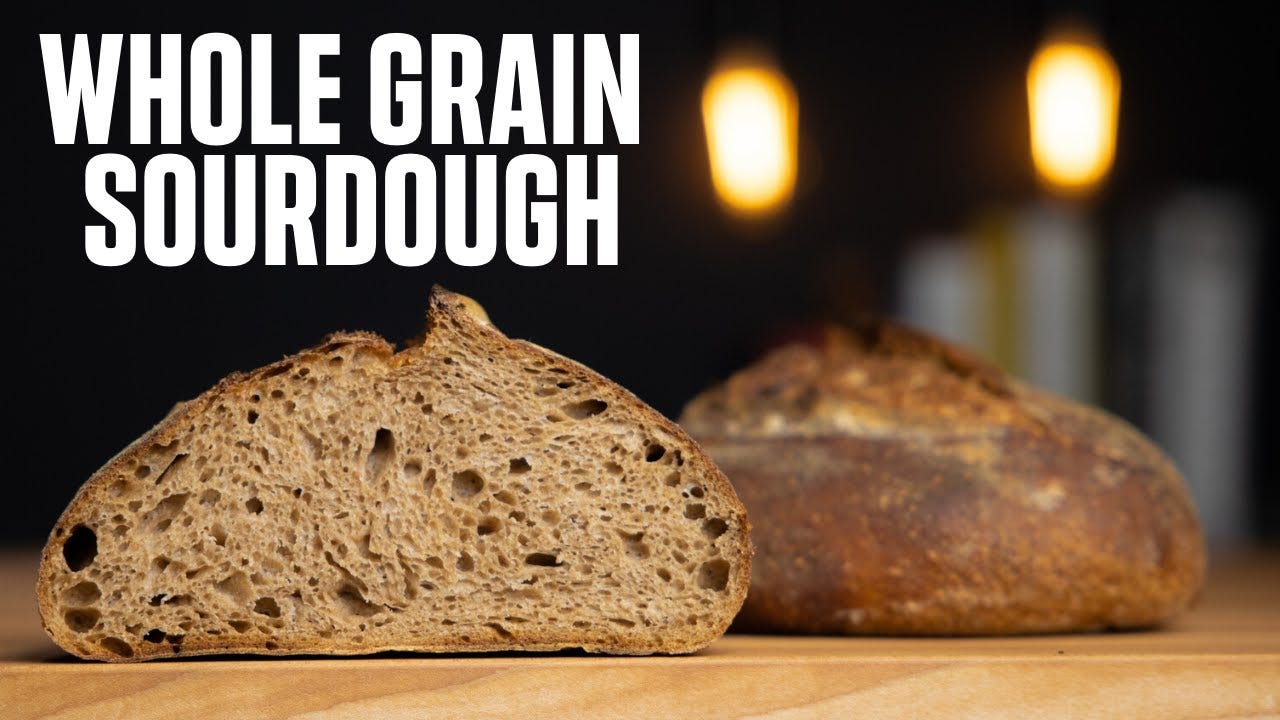Thoughts On Wheat and Gluten
Grain has been at the heart of humankind's diet for thousands of years. It is, in fact, the foundation of civilization: it cultivates easily, stores for years in kernel form, releasing its nutritional bounty when the seed is ground and prepared into fresh baked goods. This is how grains have been consumed over the millennia: stored in whole kernel form and milled fresh, full of life and nutrients. (grainstorm.com)
But many now can no longer eat wheat without having digestive problems. Something has gone terribly wrong with the staff of life. Since industrialization, everything has changed in two distinct “technology revolutions”. The first was in milling, the second in cultivation and farming, where wheat was aggressively bred to improve crop yield and volume. In the process, the chemical composition and nutrient profile were significantly changed. Both have had profound health effects.
To sidestep the problem, gluten-free diets have popped up to mask the deep issue in our intensively industrialized food system. Looking at studies of differences between a modern wheat and ancient wheat diets have demonstrated that the former has been shown to cause inflammation, while ancient wheat actually reduces it, improving outcomes for patients with chronic diseases like diabetes, heart disease, and irritable bowel syndrome. So if we are to consider the health of the consumer first and foremost, the we have to acknowledge nutrition and digestibility as a more important goals than yield and disease resistance.
We also need to shift the way wheat is grown and forego chemical fertilizers and herbicides. The World Health Organization classified glyphosate — a common herbicide — as a probable carcinogen. It has a link to cancer, as evidenced by thousands of victims suing glyphosate manufacturer Bayer.
If instead of raising our wheat with chemicals, we grew wheat using regenerative organic methods, we could resolve these health issues and reduce the chemical load on our environment.
The way what is processed also needs to change. At the moment, wheat has the most nutritious parts — the bran and the germ — removed. Then many of our foods are processed using fast-rising yeasts, which digest only the sugars added to the dough, not the gluten in the grain.
In contrast, whole wheat sourdough bread contains all the fiber-rich bran and vitamin-rich germ. In a 48-hour fermentation, the sourdough culture predigests 97 percent of the gluten, leaving a much more manageable job for our digestive systems.
Before the introduction of commercial yeasts in the 19th century all leavened bread was sourdough. But in the past few decades the slow art of sourdough baking has made a fast come-back as new food science reveals its enormous nutritional benefits, as well as exposing some of the detrimental health effects that may result from making quick-rising baker’s yeast bread part of our everyday diets. (modernbaker.com)
The benefits:
– Sparking chemical reactions to enrich the natural flavours of whole grains
– Synthesising vitamins in whole grains to create new nutrients, especially all-important B12
– Boosting amino acid lysine, which is great for vegans because it makes sourdough a nearly complete protein
– Diffusing the phytic acid contained in grains, which helps make minerals like calcium, magnesium, iron and zinc markedly more bioavailable i.e. easy for our intestines to send into our blood streams and on to the organs, hair, skin etc… for great wellness!
– Lactic acid, also produced during fermentation, helps promote the growth of healthy flora in the intestines
To be sure, there are some people who should never eat wheat. About 1 percent of the population has Celiac disease, which is a very serious gluten intolerance that can be life-or-death. But for the rest of us, a better solution is bypassing processed foods and choosing ancient or heirloom whole wheat, which has been raised organically and prepared using time-tested culinary practices like sourdough baking. This way, we not only can continue to enjoy wheat, we can truly be nourished by it.






